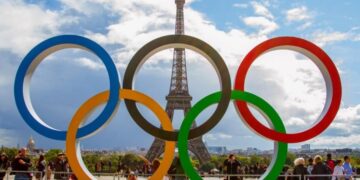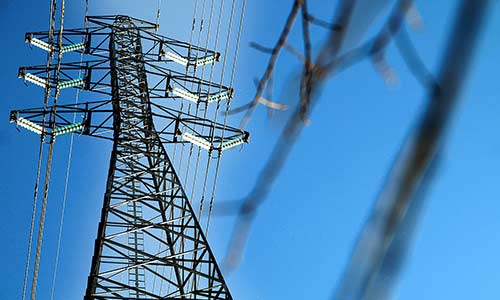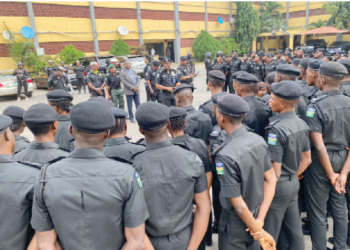Amidst the raging controversy surrounding the purported N1000 electricity tariff to be charged by the University College Hospital, Ibadan, Oyo State on its patients, the management has said though the hospital is facing challenges, it has not implemented N1000 daily electricity.
The management called on Nigerians to be part of the solution in making adequate healthcare delivery in Nigeria a reality.
The hospital’s public relations officer, Mr. Toye Akinrinlola, in an interview with newsmen, said the management had not imposed the bill on each patient in the facility per day.
He said, “Though the hospital is expending about N20 million monthly in recent time on diesel to power critical areas such as labour ward and theatres, accident and emergency unit, intensive care unit and so on, while about N60 million also goes to the Ibadan Electricity Distribution Companies (IBEDC) monthly for power supply that is not constant.
“There is no truth in it. The management has not said they would charge N1,000 electricity bill per patient per day. What we are looking at is a review of our utility bills. When you talk about utility, you’ll talk of water, you will talk of power. And all of these things are on the increase everyday”.
Apparently reacting to an internal memo, he said, “How it got out is an issue. The management is tackling that. But I can assure that we have not started implementing it, and it is not tagged to the electricity bill. It may be an error on the part of the person, who saw it or it is a misinterpretation of policy. UCH has not started doing such a thing. There are also many services that we render.
“In actual sense, we have a lot of challenges too. UCH is in the society. For instance, we pay between N57 million and N60 million every month for electricity that is not constant. Then, for us to keep our critical areas operational, we use diesel.
“There is no month in the recent time, especially since the price of diesel has skyrocketed that we spend less than N20 million on diesel. If you add that up, you will know what that will be.
“And we have not increased our tariffs to be commensurate with these increases. Diesel was at a point N300. Now, it is almost N850. So, you can see the percentage. Now, the UCH has not thought of increasing its tariffs because we all know that the patients that come here are also from the same society that we live in.
“So, UCH being a government hospital, we don’t reject patients. We don’t have the right to reject patients. We must start to attend to them. Some will be well and pay for their treatment, while for some, the hospital covers their bills. All these are all we do to keep health care delivery active”, he added.
On monthly subvention from the Federal Government Akinrinlola said that was government policy and that he was not in the account department to know that amount.
The leadership of workers’ association in the hospital revealed that the facility had been getting N70 million subvention every month, saying: “We are receiving N70 million monthly from the government. The money is not even enough for a teaching hospital of UCH status. Also, policemen and personnel of the Federal Road Safety Corps (FRSC) would rush accident victims to this hospital and we must treat them.
“This hospital takes responsibility for settlement of the bills of the majority of them. Then, the money being paid by patients goes to the Treasury Single Account (TSA). I have also read how people have been portraying the management of this hospital in a bad light over this. It is not fair. On a number of occasions, the IBEDC has come to disconnect power supply to this hospital.
“What is bad if the federal government is responsible for the payment of electricity bills for its hospitals? This will go a long way in making the health care delivery system more active. ‘’















